Federal Funding Freeze: Trump Administration Halts Aid to Green Initiatives and Social Programs
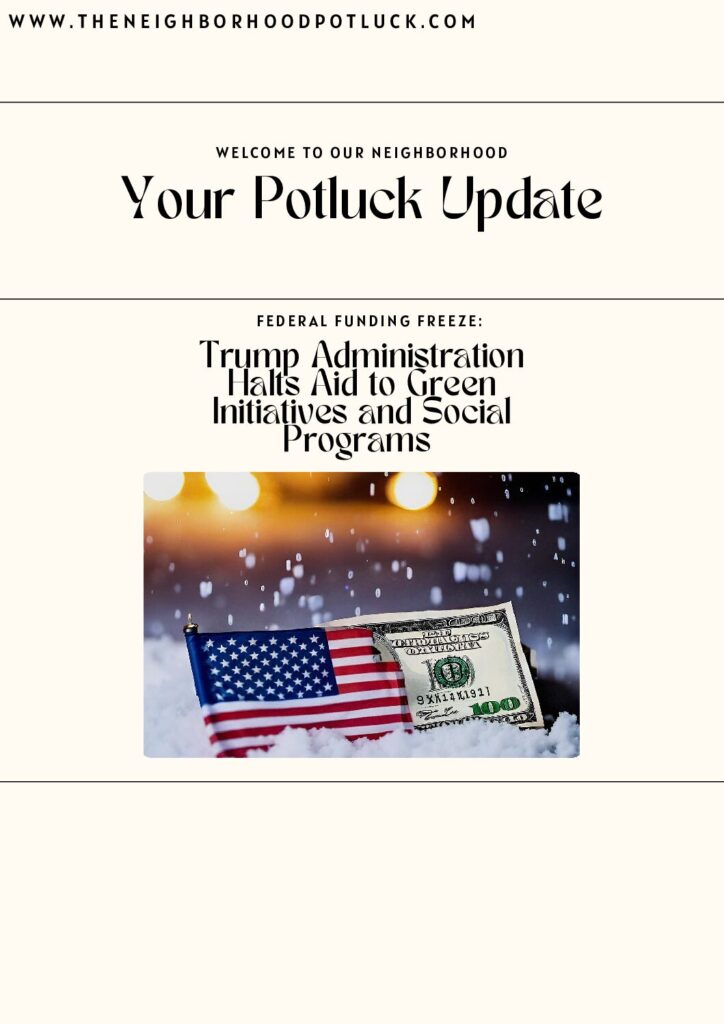
In late January 2025, President Donald Trump issued an executive order directing the Office of Management and Budget (OMB) to temporarily halt federal financial assistance programs. This action aimed to review and potentially eliminate funding for initiatives deemed inconsistent with the administration’s priorities, particularly those related to environmental policies and certain social programs.
White House Press Secretary Karoline Leavitt addressed the media regarding this decision, stating, “It means no more funding for the green new scam that has cost American taxpayers tens of billions of dollars.” She further emphasized, “It means no funding for transgenderism and wokeness across our federal bureaucracy and agencies.”
According to a memo from the OMB, the funding freeze excludes certain essential programs, including Medicaid, food stamps (Supplemental Nutrition Assistance Program), small business assistance, rental assistance, and federal Pell Grants for college students. However, the memo did not specify which financial aid programs would have to be suspended, leading to confusion and concern among recipients.
The implementation of this freeze has led to widespread uncertainty, with various organizations and state agencies expressing concerns about potential disruptions to critical services. Legal challenges have been initiated, resulting in a federal judge temporarily blocking the administration’s order, citing potential violations of the Impoundment Control Act of 1974.
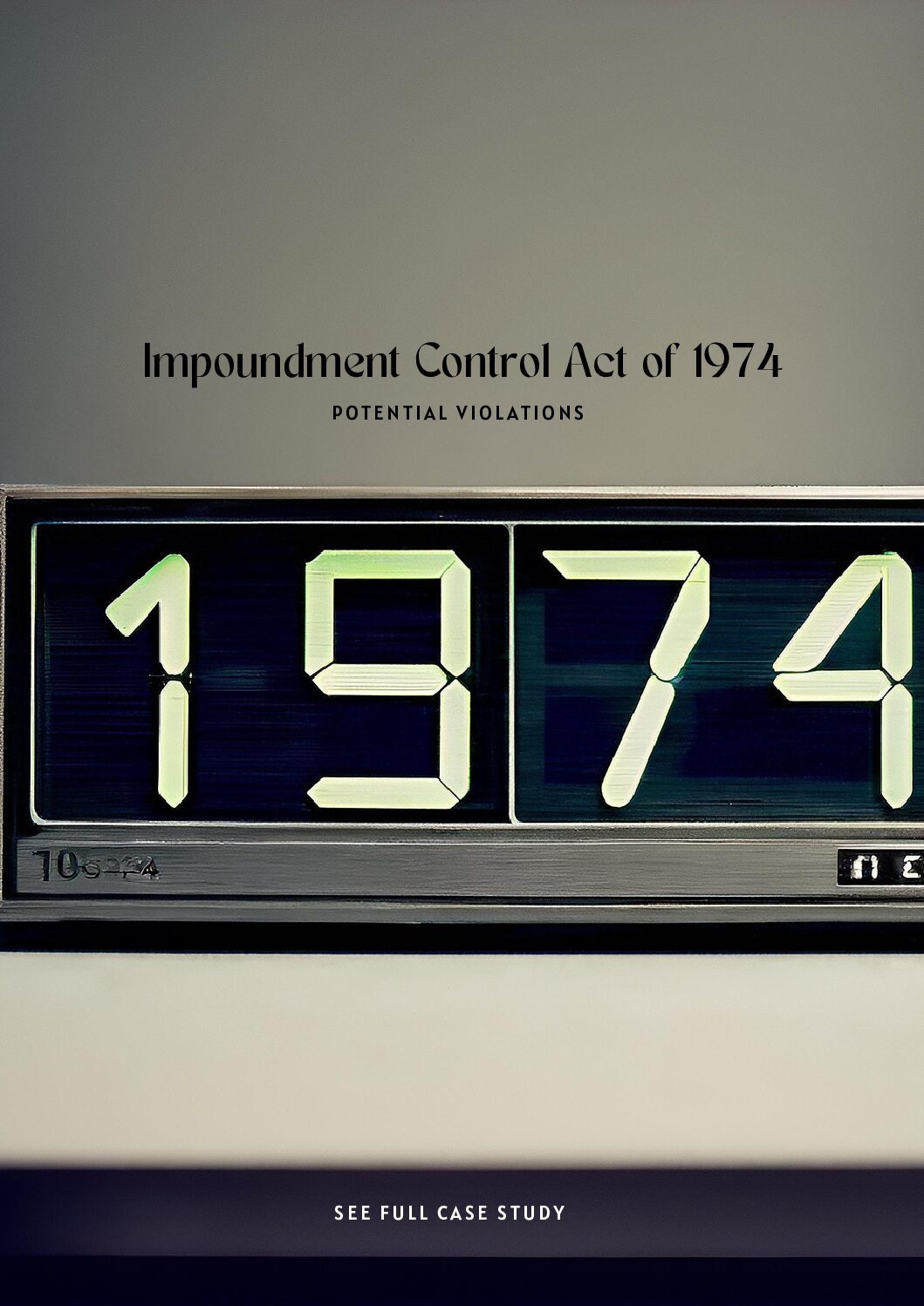
As the situation evolves, it is essential for stakeholders to stay informed through credible news outlets and official government communications to understand the implications of the funding freeze and its potential impact on various programs.
The Impoundment Control Act of 1974 is a law that prevents the President from unilaterally refusing to spend money that Congress has already approved.
Think of it like this: Imagine Congress is like a board of directors for a company, and they approve a budget for various departments—education, healthcare, defense, etc. The President, acting as the CEO, is supposed to follow that budget and distribute the money as intended.
Before this law existed, some presidents would “impound” (hold back) money and not spend it on certain programs, even though Congress had allocated the funds. This law now says the President cannot do that without Congress’s approval. If the President wants to stop or delay funding, he has to formally ask Congress, and they must approve the decision within 45 days.
So, when Trump issued an order to freeze federal funding, people immediately questioned whether he was violating this law. That’s why a federal judge stepped in and temporarily blocked his decision—it could be seen as withholding funds illegally. Now, legal battles will determine whether the freeze is allowed or not.
How Trump’s Federal Funding Freeze Could Impact Specific Programs
Since President Trump’s executive order temporarily halts certain federal financial aid programs, let’s break down how this could affect key areas while keeping in mind that some programs (like Medicaid, food stamps, rental assistance, small business aid, and Pell Grants) are excluded from the freeze.
1. Environmental and Climate Programs 🌱
🔴 Impact: Funding for clean energy projects, climate research, and conservation efforts may be paused or eliminated.
✅ Who Benefits: Traditional energy industries (oil, coal, gas) might see fewer regulations.
❌ Who Loses: Green energy companies, environmental researchers, and state-run climate initiatives that rely on federal grants.
Example: If a city was expecting federal funding to upgrade its power grid to use more solar energy, that project might be put on hold.

2. Diversity, Equity, and Inclusion (DEI) Programs 🏳️🌈
🔴 Impact: Programs promoting workplace diversity, LGBTQ+ initiatives, and race-based scholarships may lose funding.
✅ Who Benefits: Conservative policymakers and organizations who oppose federal DEI programs.
❌ Who Loses: Universities, nonprofits, and businesses that rely on federal grants to support diversity efforts.
Example: A federally funded program that helps minority-owned businesses get started may no longer receive financial support.
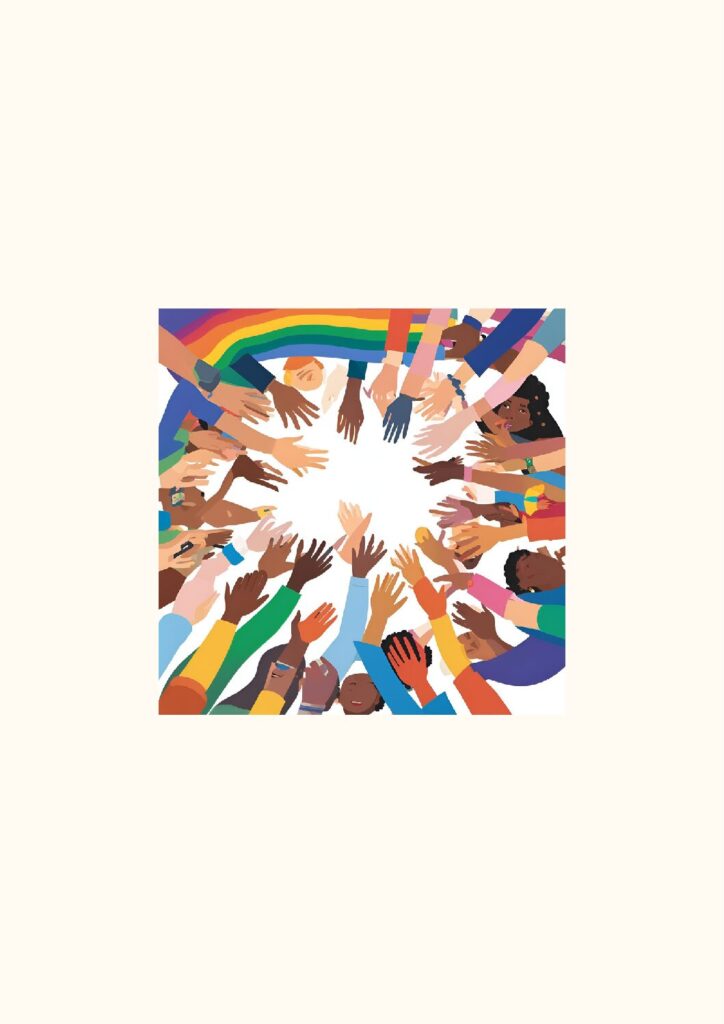
3. Federal Grants for Nonprofits and Community Programs 🏥
🔴 Impact: Some nonprofits that rely on federal funds—especially those focused on social justice, housing, and refugee assistance—could see budget cuts.
✅ Who Benefits: Organizations that oppose federal spending on social programs.
❌ Who Loses: Local charities, food banks, and community groups that depend on federal grants.
Example: A nonprofit providing legal assistance to asylum seekers may no longer be able to cover attorney fees for low-income immigrants.

4. Scientific Research and Innovation 🔬 🏥
🔴 Impact: Federal grants for scientific studies, medical research, and space exploration may be reduced.
✅ Who Benefits: Private companies that don’t rely on government funding for research.
❌ Who Loses: Universities, medical labs, and scientists working on federally funded projects.
Example: A government-funded cancer research lab might have to slow down trials for a new treatment due to lack of funds.

5. International Aid & Foreign Assistance 🌍
🔴 Impact: Humanitarian aid and support for foreign allies may be cut back.
✅ Who Benefits: Fiscal conservatives who want to reduce U.S. spending overseas.
❌ Who Loses: Developing countries, international relief organizations, and U.S. businesses that work abroad.
Example: The U.S. might freeze aid to a country recovering from a natural disaster, delaying food and medical supplies.

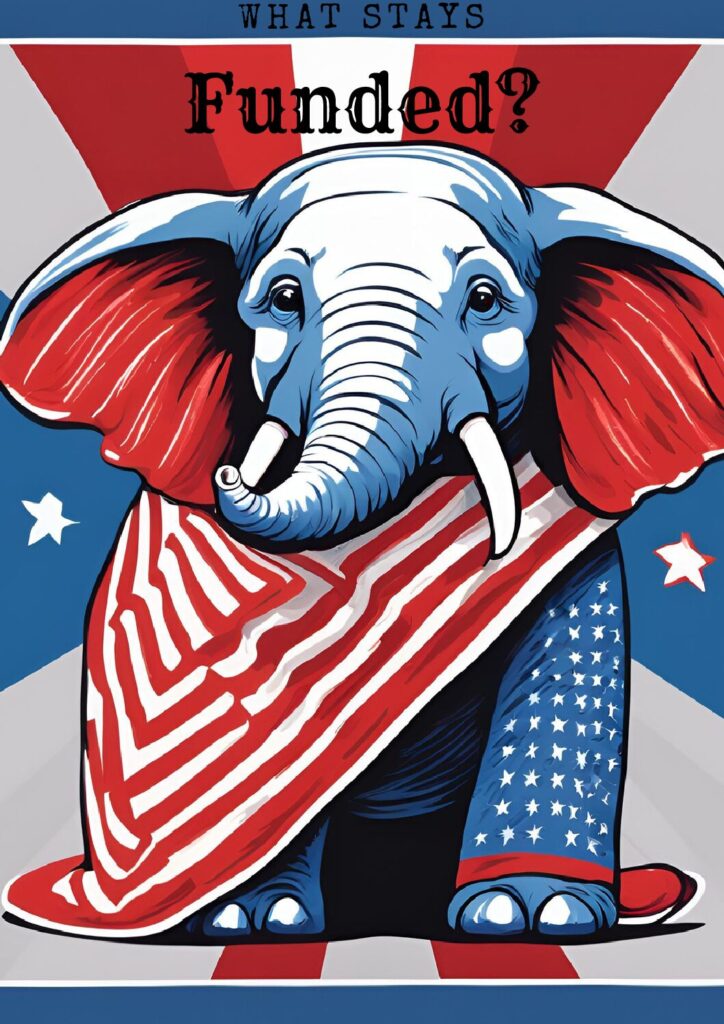
What Stays Funded?
According to the Office of Management and Budget (OMB), these programs are NOT affected by the freeze:
✅ Medicaid (healthcare for low-income individuals)
✅ Food Stamps (SNAP) (helps low-income families buy groceries)
✅ Small Business Assistance (grants and loans for small businesses)
✅ Rental Assistance (helps families afford housing)
✅ Federal Pell Grants (financial aid for college students)
Bottom Line: What Happens Next?
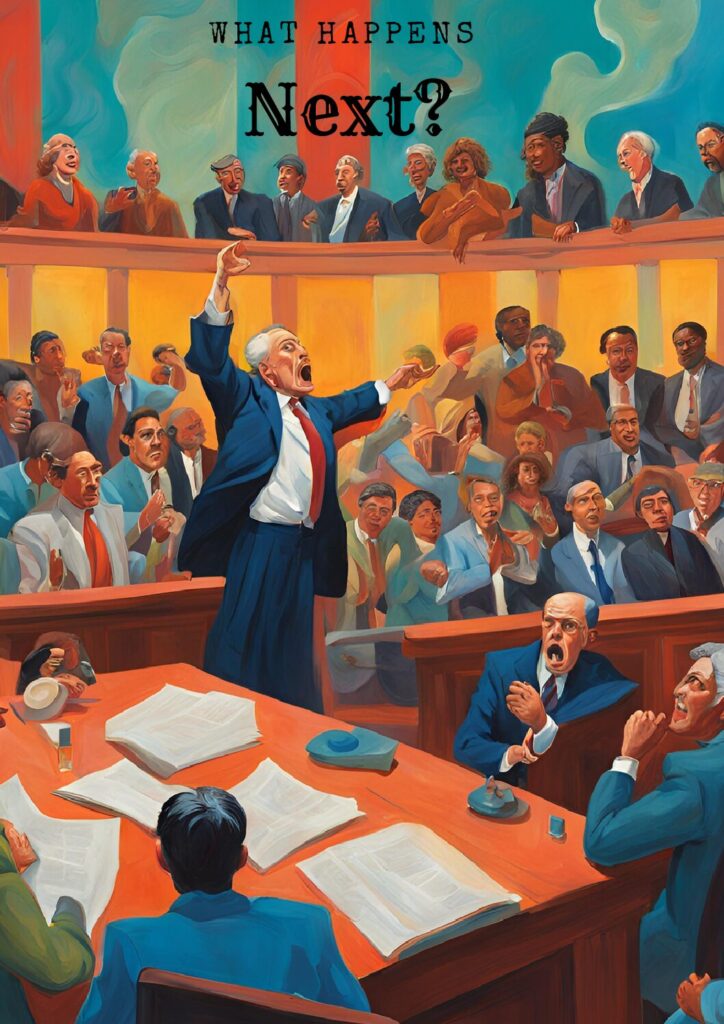
- Legal Challenges: Courts will decide whether this freeze is legal or violates the Impoundment Control Act (which says the President can’t withhold funds without Congress’ approval).
- Political Debate: Congress may fight back against certain cuts, depending on how much public pressure they receive.
- Uncertain Future: If the freeze holds, programs could be permanently defunded or restructured. If it’s overturned, funding may resume as planned.

Leave a Reply